The End of History at the Royal Court Theatre
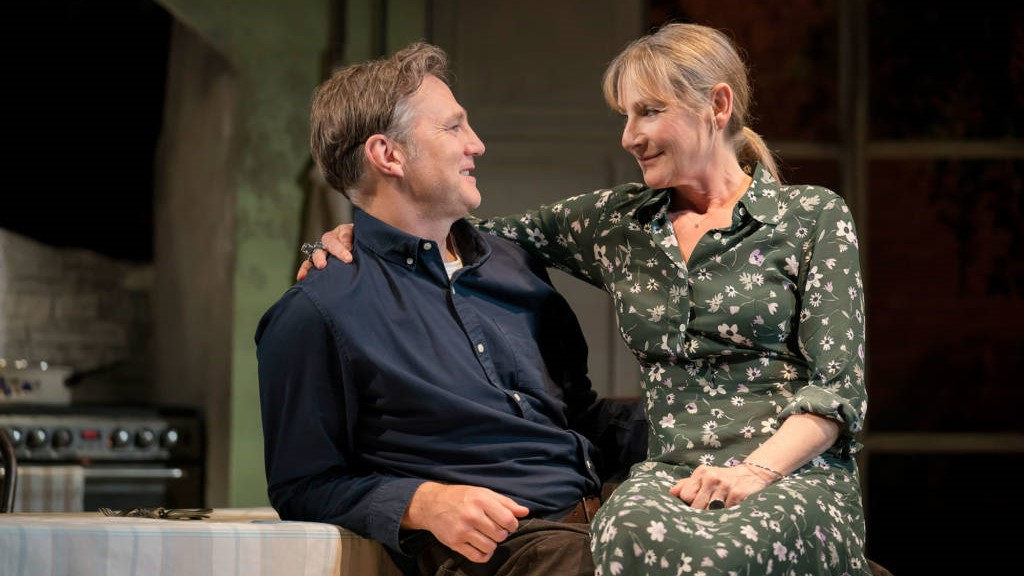
Disappointing parents and parental disappointment. In his latest play, stage and screen’s busiest boy Jack Thorne frames this familiar divide through a specifically liberal bent. Lefty parents crushed by the perceived political waywardness of their children’s choices, said children hurt by an absence of unconditional support in favour of regular lecturing.
Over two decades we trace the souring of this relationship between Sally (Lesley Sharp) and David (David Morrissey), and their trio of kids: sad-sack Carl (Sam Swainsbury), sell-out Polly (Kate O’Flynn) and stay-at-home Tom (Laurie Davidson). As the years pass and the milestones rack up the sense of dissatisfaction only grows, on both sides of the schism.
The End of History feels like a BBC One sitcom (well, maybe a 9pm dramedy). Which is to say there is a kind of bigness to the characters and certain set pieces – especially in the self-consciously quirky opening third – that means it might not be everyone’s cup of tea. It also makes the numerous arguments and familial cruelty a bit grating – and the narrative shocks bluntly executed – Thorne’s creations remaining less than the sum of their parts.
This hurts some of the performances. Though they’re not meant to be close, the lack of real spark between siblings O’Flynn and Swainsbury, who in isolation do good work, means their confrontations fall flat. Ditto the more cartoonish elements of Sharp’s Sal. As for John Tiffany’s direction, there isn’t any of the theatrical magic he is known for here; the most his presence is felt is during the act transitions, the fast-forwarding through the years done in a wordless montage that has been seen a thousand times before.
And that’s a shame. Because the play is dealing with some tricksy topics, not least the issue of what to do if you don’t exactly like who your children have become, and how to address entrenched injustice if you view your own family as part of the problem. Thorne complicates this by not making Polly or Carl morally bankrupt. Instead, they are incredibly recognisable examples of slipped beliefs, of not living your every moment in protest. They aren’t particularly “bad” people – but they’re not exactly “good” people either.
In this regard, it can feel like Thorne is chastising the audience through Sally and David, especially in a late-play eulogy that covers a life of trying to enact change. But the parents are anything but saints. It might be through awkwardness, but Sharp’s Sally talks the air out of the room, while Morrissey’s David makes his judgement of his children all too clear in moments of anger. To paraphrase Philip Larkin, they mess you up, your mum and dad, however well-meaning.
Connor Campbell
Photos: Johan Persson
The End of History is at the Royal Court Theatre from 27th June until 10th August 2019. For further information or to book visit the theatre’s website here.

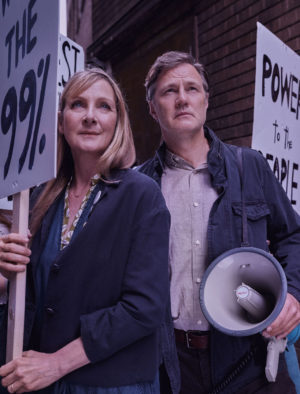
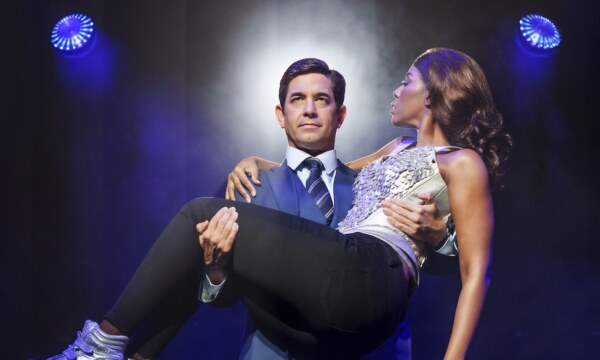
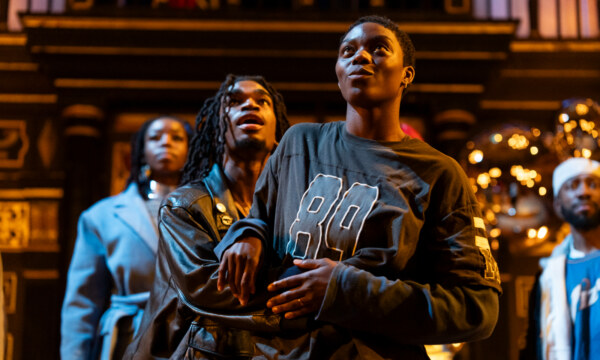
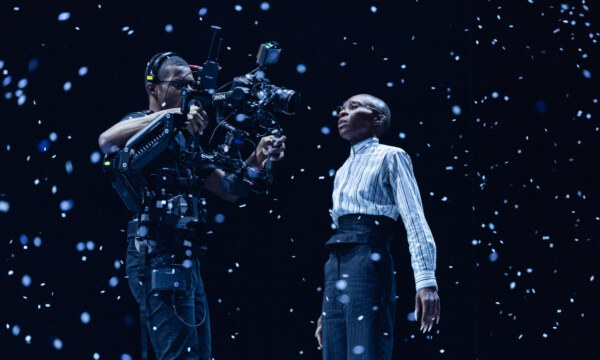
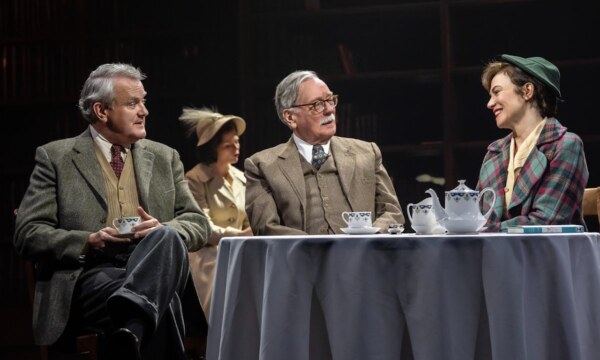
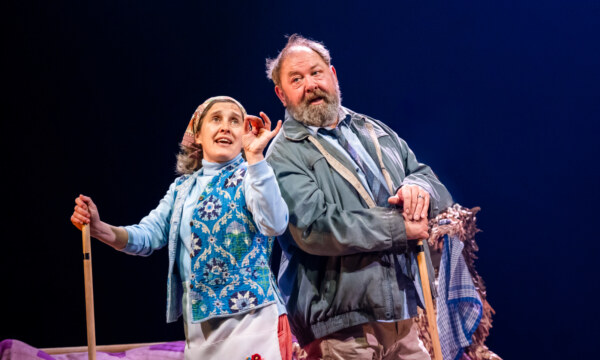
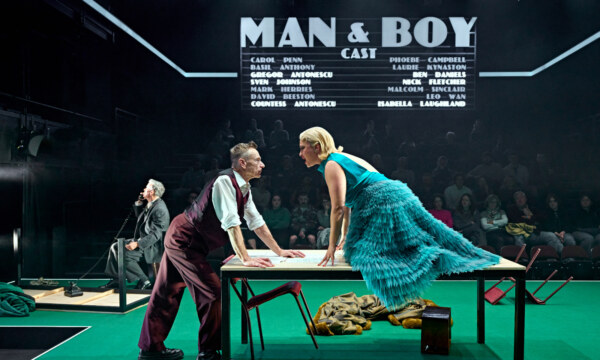
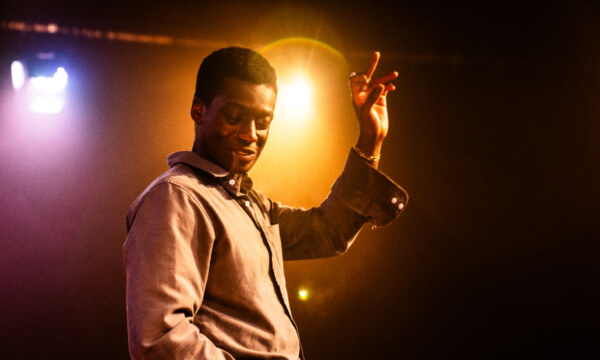
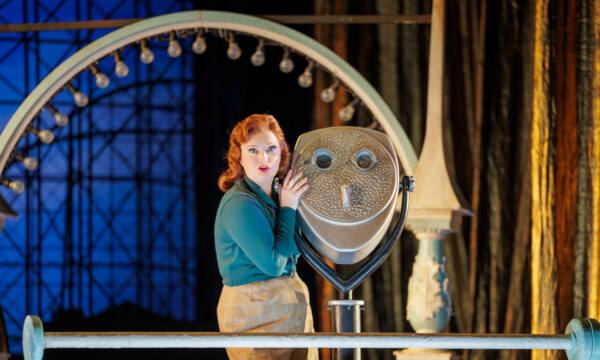
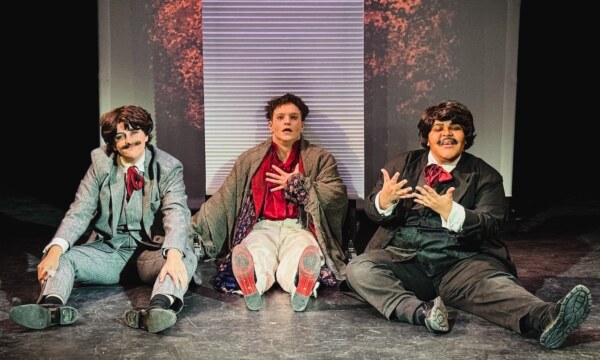
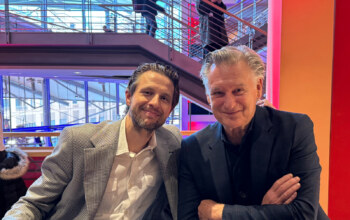
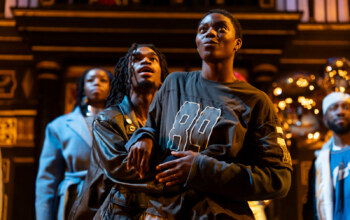
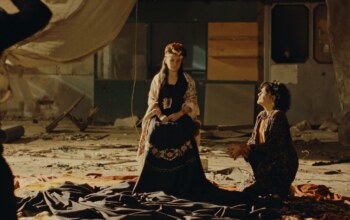

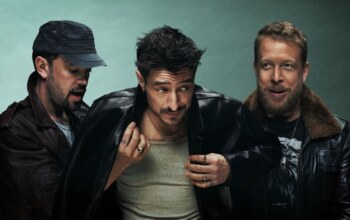

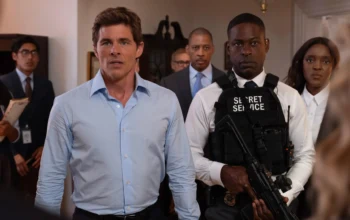




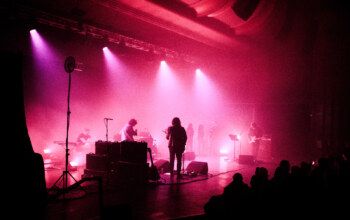

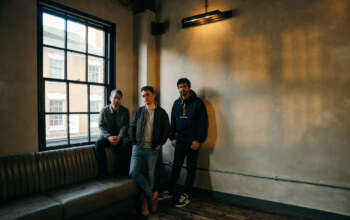

Facebook
Twitter
Instagram
YouTube
RSS